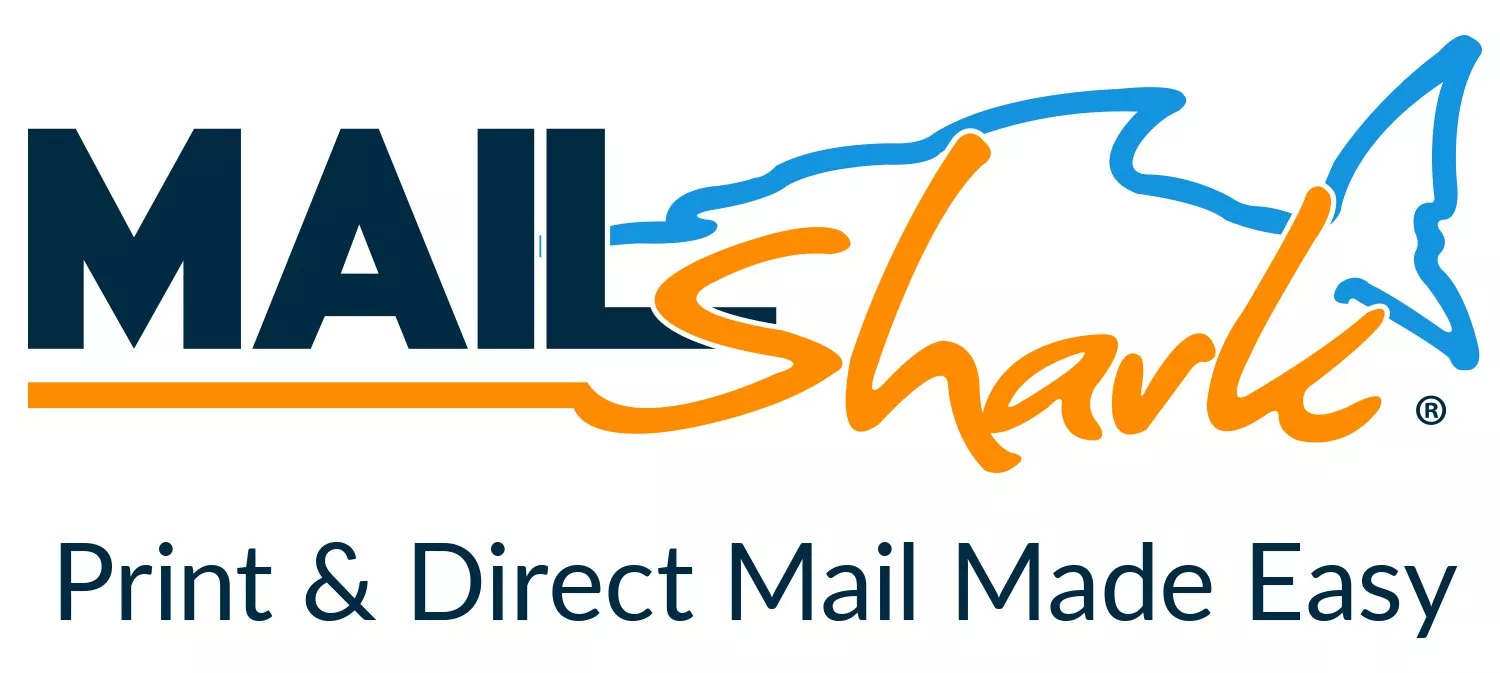Tracking Technician Time on Diagnostic / Repair
-
Available Subscriptions
-
Have you checked out Joe's Latest Blog?
-
By Joe Marconi in Joe's Blog0 commentsIt always amazes me when I hear about a technician who quits one repair shop to go work at another shop for less money. I know you have heard of this too, and you’ve probably asked yourself, “Can this be true? And Why?” The answer rests within the culture of the company. More specifically, the boss, manager, or a toxic work environment literally pushed the technician out the door.
While money and benefits tend to attract people to a company, it won’t keep them there. When a technician begins to look over the fence for greener grass, that is usually a sign that something is wrong within the workplace. It also means that his or her heart is probably already gone. If the issue is not resolved, no amount of money will keep that technician for the long term. The heart is always the first to leave. The last thing that leaves is the technician’s toolbox.
Shop owners: Focus more on employee retention than acquisition. This is not to say that you should not be constantly recruiting. You should. What it does means is that once you hire someone, your job isn’t over, that’s when it begins. Get to know your technicians. Build strong relationships. Have frequent one-on-ones. Engage in meaningful conversation. Find what truly motivates your technicians. You may be surprised that while money is a motivator, it’s usually not the prime motivator.
One last thing; the cost of technician turnover can be financially devastating. It also affects shop morale. Do all you can to create a workplace where technicians feel they are respected, recognized, and know that their work contributes to the overall success of the company. This will lead to improved morale and team spirit. Remember, when you see a technician’s toolbox rolling out of the bay on its way to another shop, the heart was most likely gone long before that.
-
-
Similar Topics
-
By carmcapriotto
July’s here, and while the calendar might look quiet, your marketing shouldn’t be! In this episode of the Auto Repair Marketing Podcast, Brian Walker and Caroline Legrand share real strategies to keep your shop top of mind and your bays full during the summer slowdown.
From summer travel prep and college car check-ins to back-to-school drives and fun offbeat holidays like Chicken Wing Day and Tattoo Day, this episode is packed with creative, low-effort ways to stay connected with your community.
You’ll also learn how to use slower days to plan, boost team morale, and build content that connects.
Hit play, get inspired, and keep that summer momentum rolling! ☀️
Thank you to our friends at RepairPal for this episode. RepairPal will introduce your shop to new customers through repairpal.com, the largest site for auto repair. Learn more at
RepairPal.com/shops.
Declined repairs don’t have to be lost revenue. AppFueled’s call center schedules follow-up calls and equips your team with everything they need to close the deal. Get started now at appfueled.com
Lagniappe (Books, Links, Other Podcasts, etc)
July Social Media Content Topics
Days of the Year
National Calendar
Show Notes with Timestamps
Preparing for July Marketing (00:00:25) Discussion on the importance of planning marketing strategies for July, focusing on themes like freedom and summer safety. Engaging with the Community (00:01:10) Emphasis on keeping customers engaged during a slow month and using social media effectively. Back to School Promotions (00:02:04) Importance of early planning for back-to-school promotions and community involvement in school supply drives. Vehicle Maintenance for College Students (00:03:22) Encouraging vehicle check-ups for college students returning home for summer before heading back to school. Utilizing CRM for Client Communication (00:04:40) Using customer relationship management tools to remind clients about vehicle maintenance for college students. Busy Summer Months (00:05:26) Advice on managing busy summer months and scheduling maintenance during slower periods in August and September. Summer Safety and Vehicle Maintenance (00:06:37) Highlighting the importance of vehicle safety checks during the hot summer months. Creative Marketing Ideas for July (00:07:08) Suggestions for fun marketing content ideas, including engaging with technicians during slower days. National Days and Events (00:09:09) Discussion on leveraging national days and events for creative marketing strategies in July. Community Engagement through Sports (00:10:45) Using local sports events to engage the community and promote the shop through giveaways or themed events. Sponsorship Mention - RepairPal (00:11:27) Highlighting the benefits of being part of the RepairPal certified network for auto repair shops. Sponsorship Mention - App Fueled (00:12:26) Introduction to App Fueled and how it can enhance customer loyalty for auto repair shops. International Chicken Wing Day (00:13:29) Ideas for celebrating International Chicken Wing Day with team cookouts and social media engagement. Local Wing Joints (00:14:36) Discusses supporting local wing restaurants instead of chains and engaging with the community. Air Conditioning Appreciation Day (00:15:29) Highlights a creative marketing opportunity related to air conditioning services in July. 4th of July Promotions (00:15:42) Ideas for engaging with the community during Independence Day celebrations and events. National Workaholics Day (00:16:00) Celebrating dedicated employees who go above and beyond in their work. Social Media Trends (00:16:11) Explores a social media video trend showcasing employee arrival times at the shop. Father-Daughter Walk Day (00:17:30) Encourages sharing personal stories to build trust with customers through family connections. Food-Related National Days (00:18:08) Lists various food-themed days in July for potential marketing content. Collector Car Appreciation Day (00:18:43) Promotes showcasing unique collector cars that shops work on. Cheer Up the Lonely Day (00:19:56) Encourages shops to engage with lonely customers and give back to the community. National Tattoo Day (00:20:14) Engaging social media campaign idea involving employees’ tattoos and their meanings. National Ugly Truck Day (00:20:46) Celebrating unique or old trucks associated with the shop and creating engaging content. National Hire a Veteran Day (00:21:48) Showcasing and appreciating veteran employees within the shop. All or Nothing Day (00:22:13) A brainstorming prompt for creative marketing ideas related to repair orders. Campaign Ideas Discussion (00:22:49) Overview of social media campaign strategies for engaging customers. Engaging Summer Campaigns (00:23:40) Ideas for interactive summer-themed campaigns to connect with customers. Importance of Year-Round Marketing (00:24:53) Emphasizes consistent marketing efforts to maintain business during slow periods.
How To Get In Touch
Join The Auto Repair Marketing Mastermind Group on Facebook
Meet The Pros
Follow SMP on Facebook
Follow SMP on Instagram
Get The Ultimate Guide to Auto Repair Shop Marketing Book
Email Us Podcast Questions or Topics
Click to go to the Podcast on Remarkable Results Radio
-
By MikesPlaceAuto
Hello from Montana. Longtime mechanic/technician, first-time shop owner. Reaching out to many sources for information and advice. Small shop in rural setting, specializing in electrical and electronics. Thanks for any good words. Mike
-
By carmcapriotto
So, you didn’t go to school for HR, and let’s be honest, hiring probably wasn’t what you dreamed about when you opened your shop. But here you are, needing to fill those bays and build a solid team.
In this episode of the Auto Repair Marketing Podcast, Kim Walker is joined by Lisa Coyle of Promotive to break down what it takes to hire in today’s world, and spoiler alert: it’s all about marketing.
From writing job posts that work to building a reputation techs want to work for, they cover everything you didn’t know you needed to know. You’ll discover why speed is your best friend, how your everyday shop culture is part of your recruiting strategy, and why treating candidates like customers is the game-changer most shop owners miss.
Whether you’re hiring right now or just trying to build your bench, this episode is packed with smart advice, straight talk, and some seriously valuable insight into what works (and what doesn’t) when it comes to marketing your way to a great hire.
Hit play, and get ready to turn hiring from a headache into a strength. 👊
Thank you to our friends at RepairPal for providing you with this episode. RepairPal’s Certified Network of shops is trusted by millions of customers each month. Learn more at
RepairPal.com/shops.
AppFueled makes marketing easy. It’s a CRM designed for auto repair shops with tools like segmentation, reminders, and even a call center. Don’t wait—get started today at appfueled.com
Lagniappe (Books, Links, Other Podcasts, etc)
Promotive
Show Notes with Timestamps
Introduction to the Podcast (00:00:01) The podcast is introduced as part of the aftermarket radio network. Guest Introduction (00:00:10) Kim welcomes Lisa Coil from Pro Motive and expresses excitement about the discussion. Personal Anecdote on Hiring (00:01:22) Kim shares her first impression of Lisa at an industry event and their delayed connection. Marketing and Hiring Discussion (00:02:22) Kim highlights the importance of marketing in attracting both customers and future team members. Childhood Reflections on Blue-Collar Work (00:03:31) Kim reflects on societal views of blue-collar jobs and their financial misconceptions. Recruitment Challenges in the Industry (00:04:33) Discussion on the shortage of skilled blue-collar workers and the need for effective marketing strategies. Understanding Headhunters vs. Recruiters (00:05:23) Lisa explains the difference between headhunters and recruiters in the hiring process. Recruitment Process Overview (00:06:45) Lisa describes the comprehensive services provided by headhunters, from job design to candidate negotiation. Common Hiring Problems for Shops (00:09:13) Lisa outlines key challenges shops face, emphasizing the importance of branding and speed in hiring. Importance of Speed in Hiring (00:09:41) Lisa stresses the need for quick responses to applicants to secure top talent. Marketing's Role in Job Descriptions (00:12:10) Discussion on how marketing strategies influence job titles and descriptions to attract candidates. Optimizing Job Listings for Mobile (00:13:04) Lisa advises shop owners to check how their listings appear on mobile devices for better visibility. Balancing Job Specificity and Attractiveness (00:15:28) Lisa talks about the need to balance specificity in job titles without deterring potential applicants. Job Posting Strategies (00:18:28) Discussion on effective places for shops to post job openings. Candidate Treatment (00:18:39) Advice on treating job candidates like customers for better recruitment. Data Capture Importance (00:18:47) Emphasis on capturing candidate data for future recruitment needs. Using Job Boards (00:19:55) Recommendations on utilizing various job boards for recruitment. Applicant Tracking Systems (00:20:51) Benefits of using applicant tracking systems for managing job applications. Building a Candidate Database (00:21:53) The importance of maintaining a database of potential candidates over time. Social Media for Recruitment (00:22:46) Using social media ads for recruitment and the challenges involved. Referral Programs (00:23:43) Encouraging employee referrals as a strategy for finding candidates. Team Referral Incentives (00:25:27) Impact of financial incentives on employee referrals for job candidates. Maintaining Candidate Connections (00:25:50) Importance of staying in touch with candidates for future opportunities. LinkedIn for Hiring (00:27:15) Discussion on the effectiveness of LinkedIn for hiring technicians. Marketing's Impact on Hiring (00:28:01) How a shop's marketing affects their ability to attract good candidates. Consumer Reviews Influence (00:28:56) The role of online reviews in shaping potential candidates' perceptions. Showcasing Company Culture (00:30:27) The significance of showcasing company culture to attract talent. Careers Page Importance (00:32:55) Discussion on the essential elements of a careers page for attracting talent. Website for Customers and Employees (00:33:44) Lisa shares insights on designing websites for both consumers and potential employees. Showcasing Team Members (00:36:04) Importance of displaying employees on the website to attract future talent. Training and Retention Strategies (00:37:12) Discussion on the significance of training and retaining employees after hiring. Engagement During Transition (00:38:20) Keeping candidates engaged between signing the offer and starting their new role. Making First Days Special (00:40:10) Ideas for creating memorable first-day experiences for new hires. Responding to Negative Reviews (00:43:16) Advice on handling negative feedback and its impact on employer branding. Reputation Management (00:45:24) The importance of maintaining a positive reputation as an employer. Finding Pro Motive (00:48:28) Information on how to connect with Pro Motive for hiring assistance. Closing Remarks (00:49:14) Wrap-up of the episode and encouragement to listen to future shows.
How To Get In Touch
Join The Auto Repair Marketing Mastermind Group on Facebook
Meet The Pros
Follow SMP on Facebook
Follow SMP on Instagram
Get The Ultimate Guide to Auto Repair Shop Marketing Book
Email Us Podcast Questions or Topics
Click to go to the Podcast on Remarkable Results Radio
-
By nptrb
Premium Member Content
This content is hidden to guests, one of the benefits of a paid membership. Please login or register to view this content.
-
-
By stevefry
I have a client looking to sell their Auto Body Shop in Monteagle TN called Lakeside Collision. He is asking $1,500,000 and the property did a little over $1,200,000 last year. Profitable business with lots of equipment and inventory, newer paint booth and includes 2 lots and 2 buildings with 8 bay doors.
Also have another client looking for an Auto Body business to purchase in Davidson County (Nashville) TN. Looking for a shop with the business and the real estate.
-
-
-
Our Sponsors
















Recommended Posts
Create an account or sign in to comment
You need to be a member in order to leave a comment
Create an account
Sign up for a new account in our community. It's easy!
Register a new accountSign in
Already have an account? Sign in here.
Sign In Now